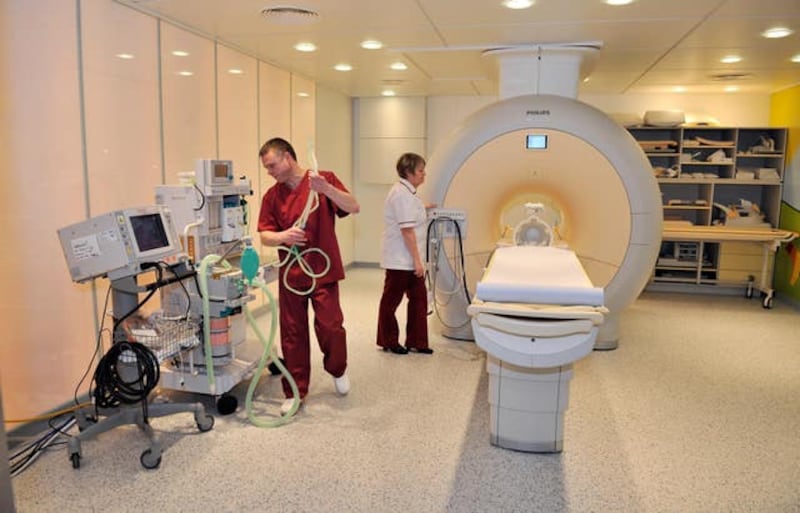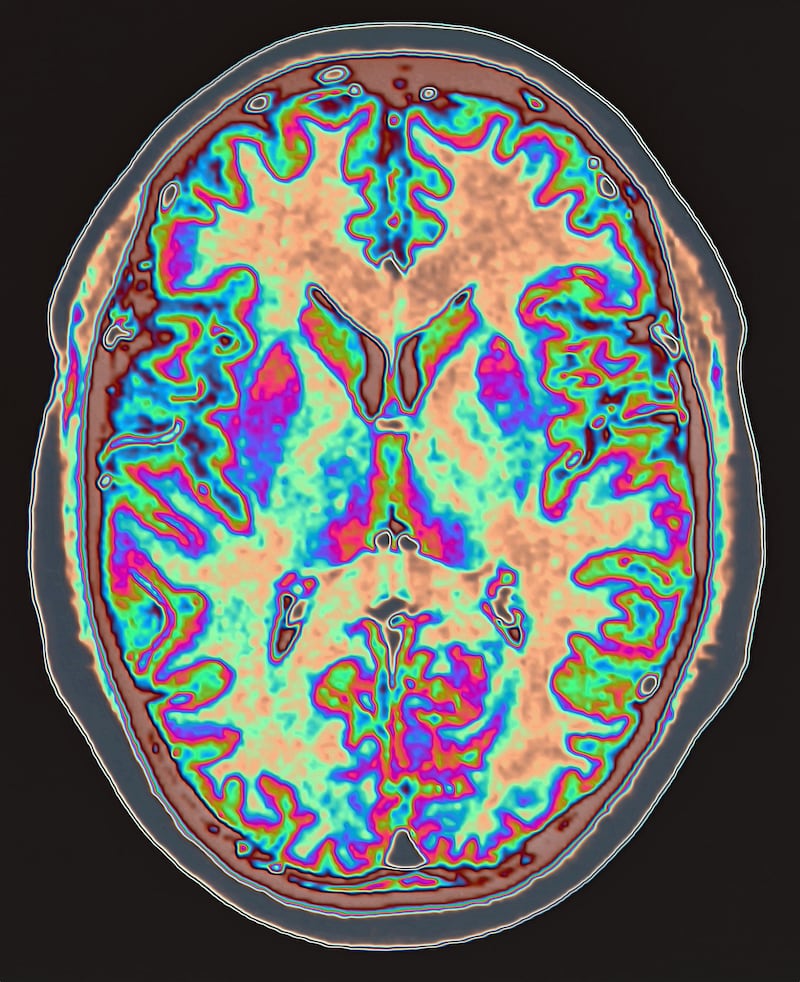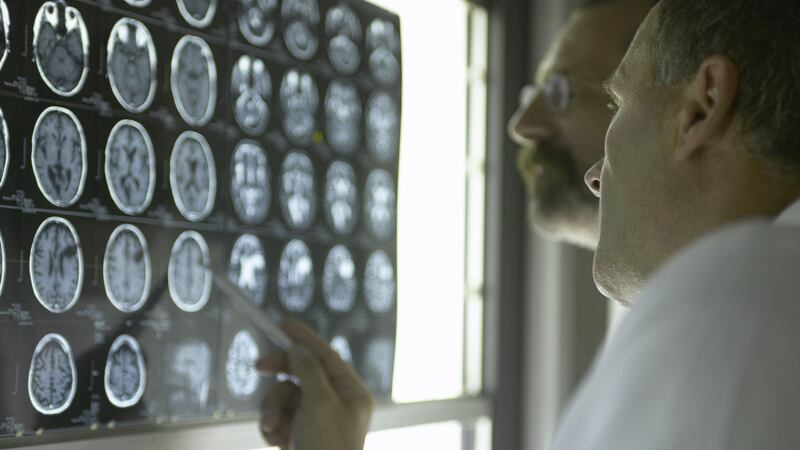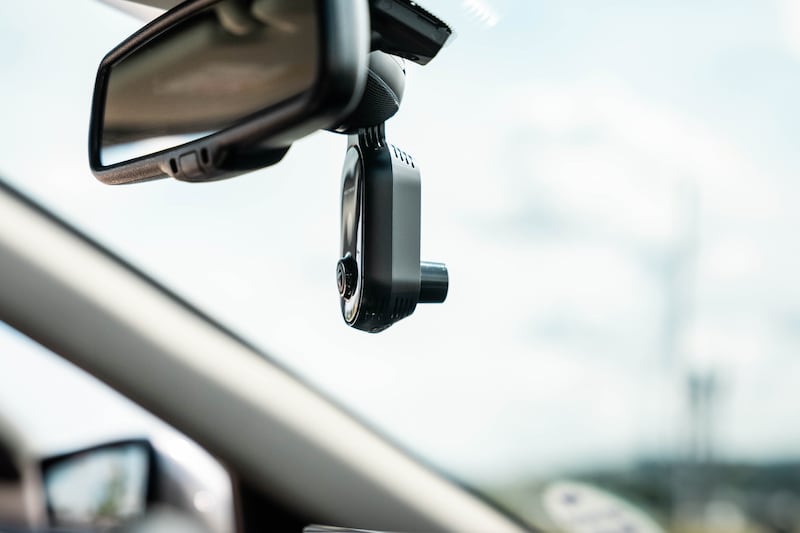Artificial intelligence can be trained to spot structural changes in the brain linked to Alzheimer’s disease nearly 10 years before doctors can diagnose it through symptoms, researchers claim.
According to New Scientist, a team at the University of Bari in Italy has developed a machine learning algorithm that is able to spot alterations in how different regions of the brain are connected – alterations that could be early signs of the disease.

Their algorithm was trained using MRI scans from 67 patients, 38 of which were from people affected by the disease and 29 from healthy patients. The scans came from the Alzheimer’s Disease Neuroimaging Initiative database at the University of Southern California in Los Angeles.
The AI was trained to correctly spot the difference between diseased and healthy brains, before being tested on its accuracy abilities on a second set of 148 scans – 52 of which were healthy, 48 had Alzheimer’s and the other 48 had a mild cognitive impairment that was known to develop into Alzheimer’s within 10 years.
The algorithm correctly distinguished between healthy and diseased brains 86% of the time, according to the researchers, who added that it was also able to spot the difference between a healthy brain and a mild impairment with an 84% accuracy rating.
The researchers said this showed it was possible for the AI to identify changes up to a decade before clinical symptoms of the disease appear.

They claim because only an MRI scan was involved, the procedure would be much less invasive for patients. However there is no word yet on if or when it might be made available to patients.
According to New Scientist, the team now plans to continue its research, extending the AI technique to look at other neurodegenerative conditions, including Parkinson’s disease.

Technology is already being used in other ways as part of Alzheimer’s research. Last month mobile game Sea Hero Quest – which uses navigation challenges to gather data about spatial movement as part of research into the disease – was expanded to virtual reality for the first time.
The game sets users navigation challenges, and they can opt-in to share their data with the researchers behind the game, who can use player performance data to plot spatial navigation skills of different ages groups and genders. The skill is one of the first parts of the brain affected by dementia.








